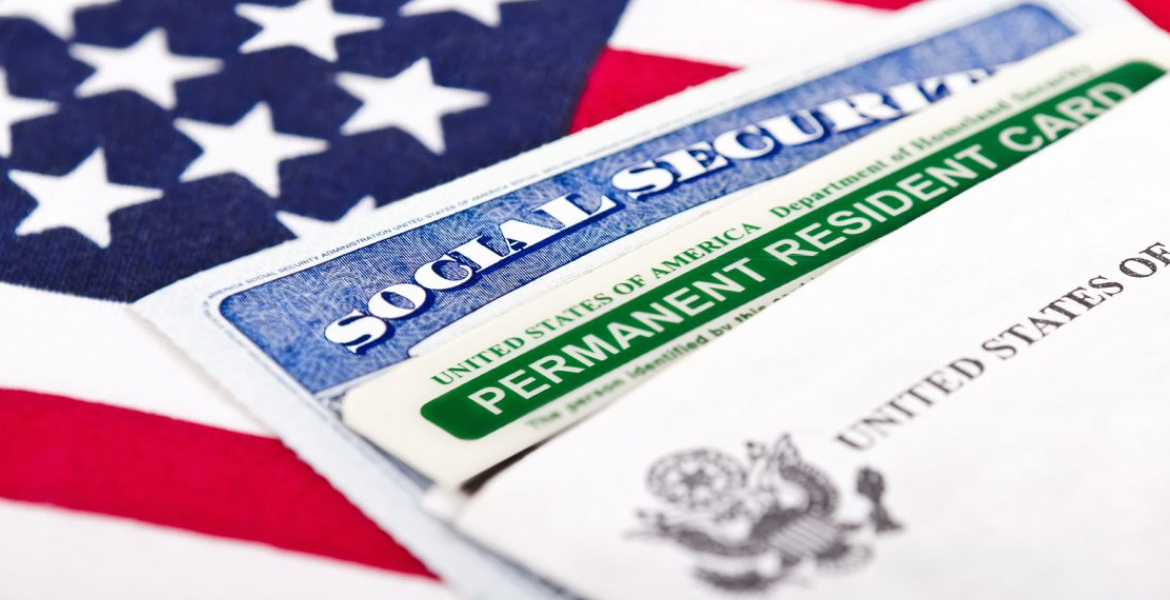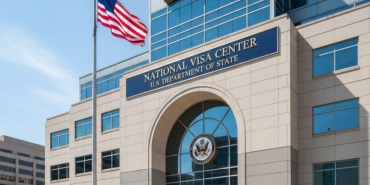Green Card Applications: What Foreign Workers Should Know About PERM Delays

Delays and rising denial rates in the US permanent labour certification process are affecting employers and foreign workers, as backlogs in key stages of the system continue to grow.
The Department of Labor’s (DOL) Program Electronic Review Management (PERM) system is a required step for US employers sponsoring foreign nationals for permanent residency. Employers must first secure certification from the DOL to confirm that hiring a foreign worker will not displace qualified U.S. workers or adversely affect wages and working conditions.
Recent data from the Office of Foreign Labour Certification (OFLC) shows that as of 1 July 2025, PERM applications filed in March 2024 are still under review. Requests for reconsideration of denied applications are only being assessed if submitted by May 2025 or earlier. These dates reflect average processing times and may vary depending on the complexity of each case.
Similar delays are occurring in the prevailing wage determination (PWD) stage, which must be completed before a PERM application can be filed. As of 1 August 2025, the OFLC is processing wage requests and related appeals submitted several months earlier, highlighting broader delays across the certification process.
The extended timelines pose risks for both employers and employees. H-1B visa holders waiting on PERM approval may face legal and personal uncertainty, including disruptions to their work status and long-term residency plans. Employers, particularly those in sectors dependent on specialised labour, face challenges in workforce planning and retaining talent.
The DOL states that the certification system is intended to protect the interests of US workers by ensuring fair labour practices. However, the growing backlog has raised concerns about the department’s administrative capacity and procedural efficiency. The agency continues to advise employers to submit wage requests well in advance, especially for seasonal worker programmes like H-2B, though current delays suggest that early planning may not be enough to prevent setbacks.
In response, immigration lawyers and advocacy groups are urging reforms aimed at reducing processing times and improving transparency. Key proposals include increasing staffing, streamlining procedures, and strengthening oversight within the Employment and Training Administration.








Add new comment